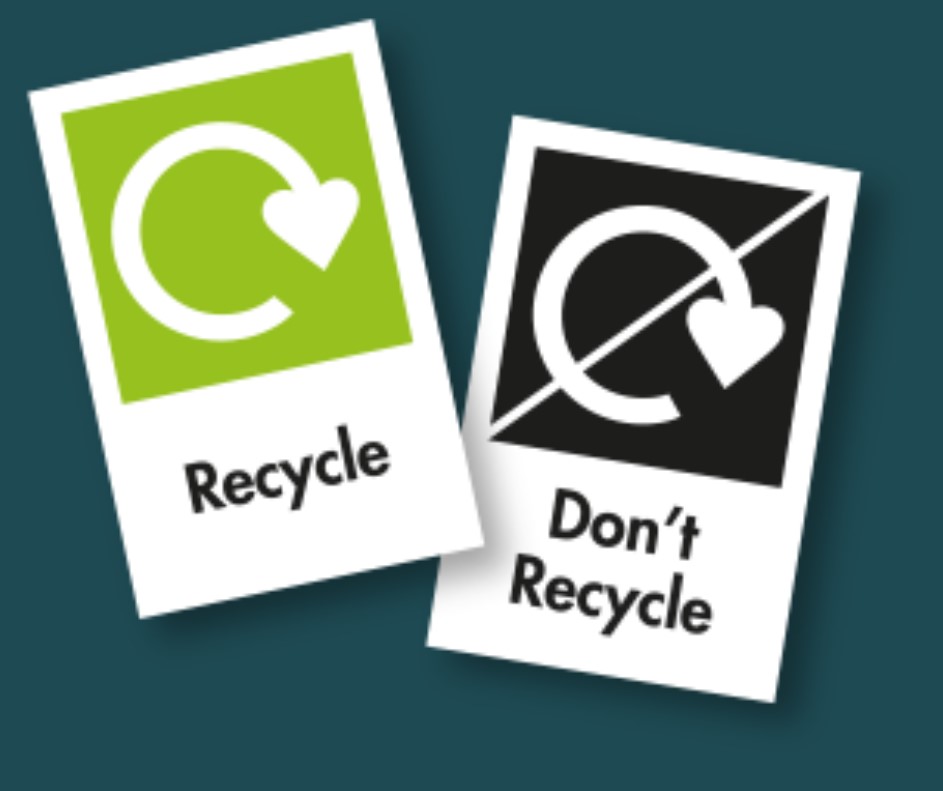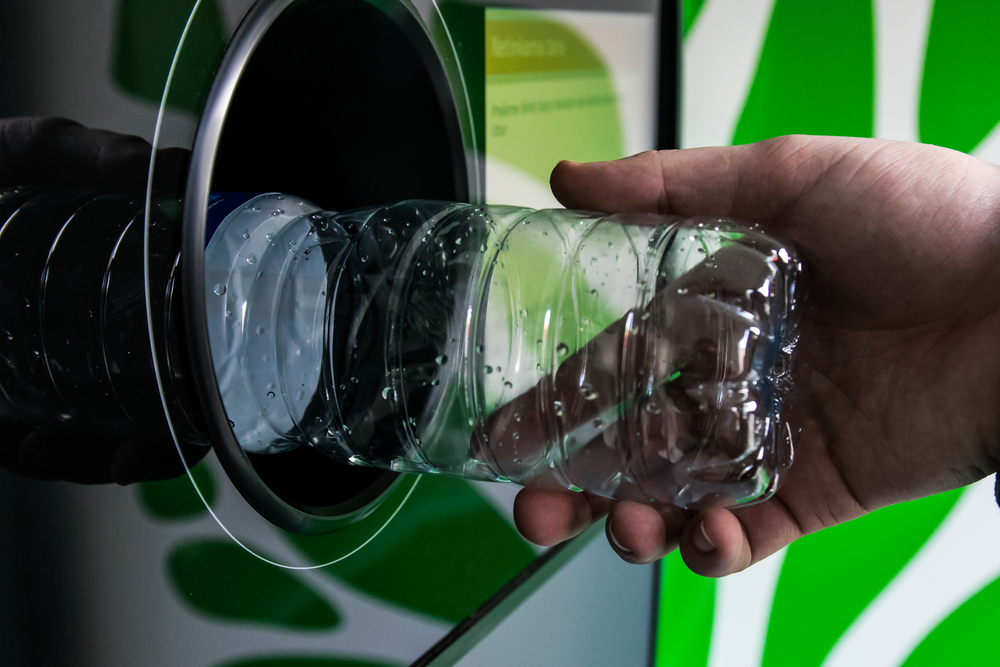The department for environment, food and rural affairs (Defra) set out the plans during its second business readiness forum yesterday (24 January). The forums are intended to allow industry to discuss Defra’s collection and packaging reforms and delivery projects.

Brand owners and importers will be obligated to label their primary and shipment packaging made from most materials either ‘recycle’ or ‘do not recycle’ with an accompanying logo by 31 March 2026.
Defra will allow a further year for the labelling of plastic films and flexibles to align with the requirement for local authorities to have recycling collections in place for these materials.
Linda Crichton, Defra’s team leader for producer responsibility, told the forum: “By far the majority of the feedback was that stakeholders wanted a single, UK-wide approach.”
Resources charity WRAP has agreed that the Recycle Now ‘swoosh’ can be used free of charge as the logo.
There will be no de minimis size for the businesses covered, Defra says, but distributors of unfilled, plain packaging will be required to provide small businesses with information on the recyclability of the material they supply. Defra adds that there will be “some flexibility” in how small businesses provide recycling information to the users of the packaging.
Key requirements
Statutory instruments are a form of legislation which allows the government to bring acts of parliament into force.
By far the majority of the feedback was that stakeholders wanted a single, UK-wide approach
– Defra team leader for producer responsibility
The EPR statutory instrument will set out key requirements, including the requirement to assess packaging to determine its recyclability, minimum size requirements and the terminology which must accompany the logo.
Defra will include further recommendations such as the use of colour, the labelling of multi-material packaging and additional information on where to recycle packaging, for example through take-back schemes, in guidance it will publish “later this year”.
Defra set out its initial proposal for labelling in the consultation on EPR in 2019, 90% of those who responded to which said they supported proposals for a binary labelling system.
Defra sought further views on its approach to labelling in its consultation in 2021. The government set out its intention to proceed with the requirement for mandatory labelling of packaging to indicate recyclability in a consultation response published in March 2022 (see letsrecycle.com story).
DRS
During the forum, Defra addressed the recent publication of the government’s response to its consultation on the deposit return scheme (DRS) in England, Wales and Northern Ireland, which also included discussion of labelling (see letsrecycle.com story).

Defra says it recognises that labelling of drinks containers is “important” to ensure the DRS operates effectively and to improve consumer engagement.
The consultation showed “overwhelming support” (95%) for the introduction of some form of mandatory labelling through a DRS logo or something similar, Defra says.
England, Wales and Northern Ireland all intend to mandate the use of a mark to identify a product as being part of a DRS and an identification marker such as a barcode or a QR code to enable the container to be recognised at the return point.
A yet to be appointed deposit management organisation (DMO) will determine the specific details and design, Defra says, including any crossover with the recyclability label.
Next steps
In terms of the next steps for the DRS, Defra says it is currently drafting the necessary regulations. England and Northern will have joint legislation, while Northern Ireland will have their own. Once finalised, the regulations need to go through a series of approvals including World Trade Organization notification and parliamentary procedures, Defra says.
The department also says it will begin engaging with prospective DMO applicants “as soon as possible”.
And, Defra says it will increase industry engagement, including by setting up groups to work through its key priorities.
Defra’s next business readiness forum will take place on 7 February and will address the relationship between EPR and binned waste and an update on the department’s ‘visioning sprints’.











Subscribe for free